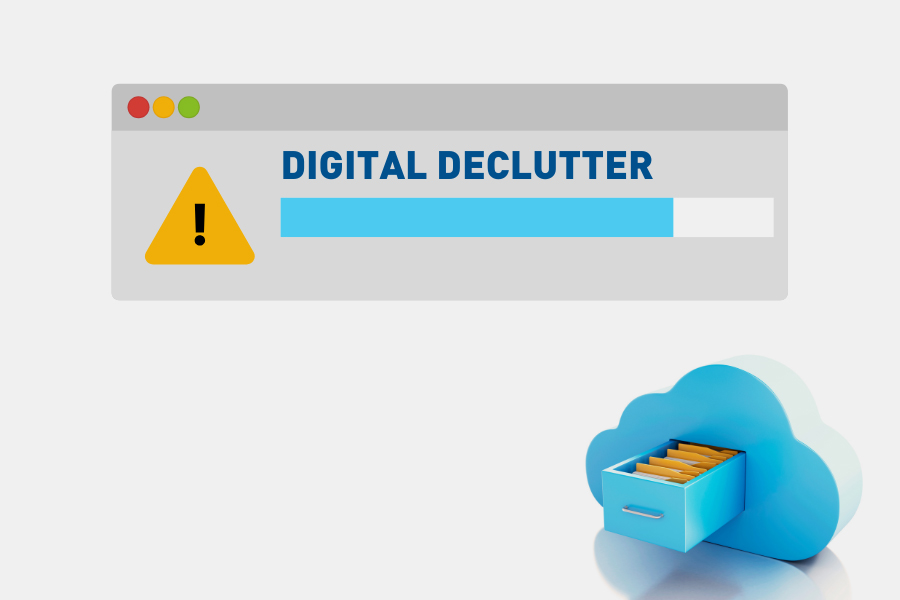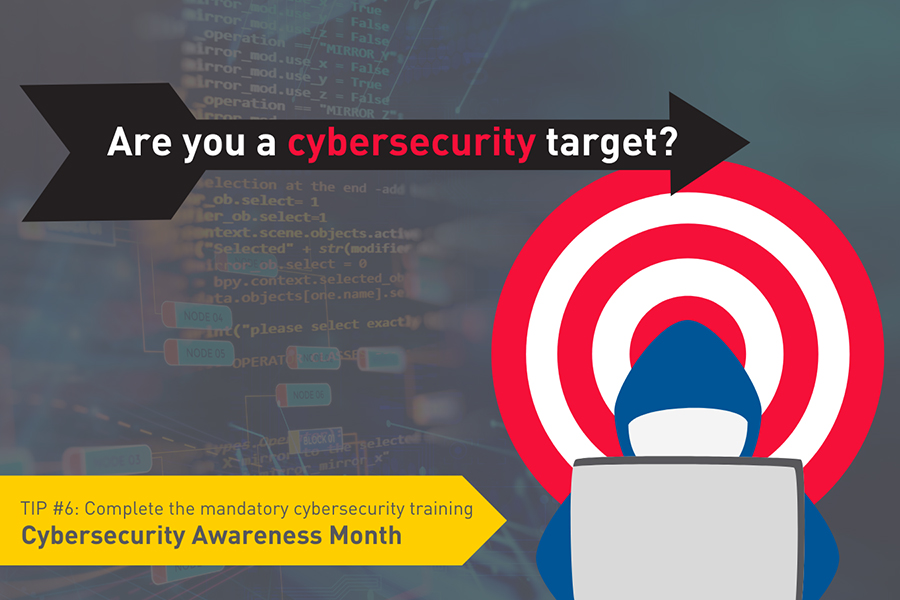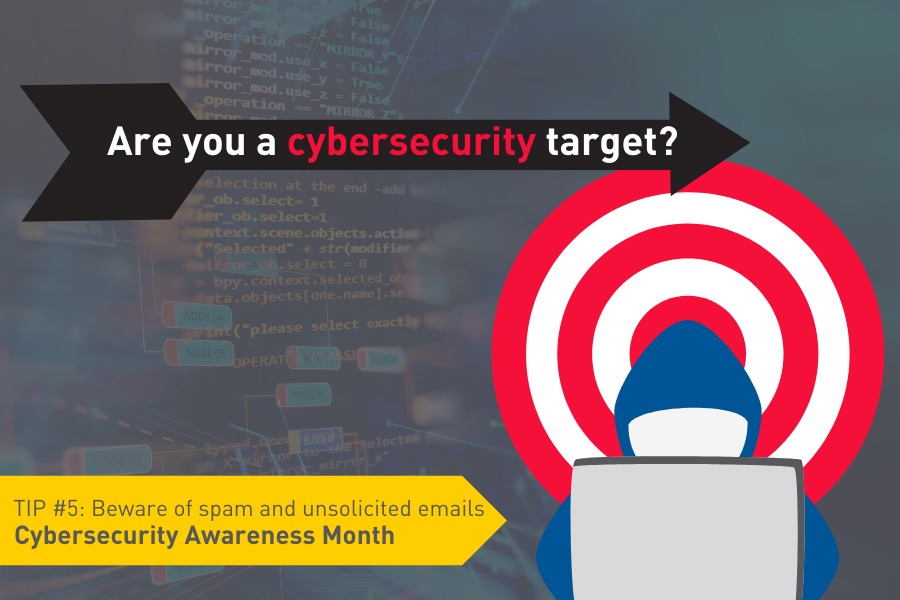
Information Technology Services encourages the campus community to clean up personal and unused files in Microsoft OneDrive and Outlook accounts due to upcoming storage changes.
The University of Windsor will implement new storage limits this spring in response to Microsoft’s changes in global storage limits for universities and colleges.
The changes to Microsoft’s storage options have prompted universities worldwide to modify storage offerings.
The IT Services team has begun the necessary changes to bring the University’s storage systems in line with the new storage limits. Now the campus community’s help is needed too.
Beginning April 7, 2025, the following storage limits will be implemented:
|
Microsoft App |
Employee |
Student |
Retiree |
Alumni |
|
OneDrive |
20 GB |
5 GB |
10 GB |
N/A |
|
Outlook Mailbox |
10 GB |
5 GB |
1 GB |
5 GB |
If you are currently using more than the allotted storage amounts for your account type listed above, you will need to start reducing duplicate and redundant data in your personal Microsoft Outlook email and OneDrive to get below the threshold. Users who may require more than the allotted quota for work, academic, or research purposes can submit a request to IT Services for review.
Note: University of Windsor Outlook and OneDrive storage should only be used for professional and academic matters. All personal files should be removed.
IT Services will be emailing individuals who are over-quota as well as sharing digital decluttering tips and tricks. In the meantime, to check your current storage capacity the following resources are available:
- How to check the storage capacity of your Microsoft OneDrive account
- How to check the storage capacity of your Microsoft Outlook account
Any OneDrive accounts over-quota as of May 1, 2025, will be accessible in read-only mode. Users won't be able to upload, edit, or sync new files to their OneDrive, and existing files will remain as read-only. However, users will still be able to download and delete files. In addition, users with Outlook accounts that exceed the allotted quota will not be able to send or receive emails.
The Microsoft 365 service offering is always evolving, and in the upcoming months and years, IT Services anticipates that Microsoft will initiate further changes that will impact users. Its staff appreciates your patience as it works through the changes with you.
If you have any questions about these changes, reach out to IT Services.




